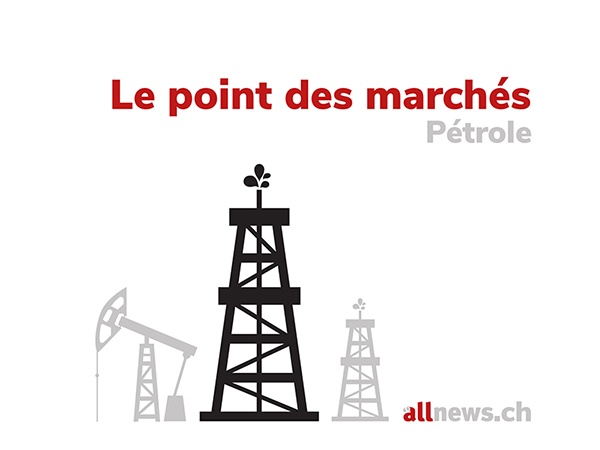Brent finished just under $ 50, down 0.55%, and WTI ended with a decline of 0.44% to $ 46.57.
–
Oil prices lost some ground on Friday, after highs in more than nine months reached the day before, with investors clinging to hopes of a recovery in demand thanks to the arrival of COVID vaccines -19.
A barrel of North Sea Brent for February delivery closed 0.55% (or -28 cents) to $ 49.97. The day before, he had finished above the $ 50 mark for the first time since early March.
In New York, the US barrel of WTI for the month of January ended down 0.44% (or -21 cents) to 46.57 dollars after gaining 2.76% the day before.
The two benchmark prices have gained more than 30% since November 1.
“The optimism about vaccines that has gripped the market for the past few weeks appears to be continuing due to successive approvals and the faster than expected deployment of the first (vaccination) campaigns in key markets” for oil consumption, Rystad analyst Paola Rodriguez-Masiu said.
The UK launched its Tuesday, a first in a Western country, and investors are now waiting for others to follow suit across the world to end travel restrictions and boost demand for crude.
Across the Atlantic, a committee of independent experts voted on Thursday to recommend to the US Medicines Agency (FDA) to authorize in the United States a first vaccine against COVID-19, developed by the Pfizer / BioNTech duo. The green light should follow in the coming days.
“Even before their large-scale application, vaccines already seem to cause side effects on the market: acute myopia,” Ms. Rodriguez-Masiu quipped.
According to her, investors have chosen “to completely ignore the fragility in which (the market) is still in the short term”.
The recovery in demand for crude oil remains in its infancy, as evidenced by the significant increase in crude stocks in the United States last week.
“It seems that optimism in the financial markets, the persistent weakness of the dollar and the good production discipline of OPEC + weigh more in the eyes of the markets than the restrictions on mobility and trade as well as the rise in stocks”, said Eugen Weinberg of Commerzbank. He says he is “skeptical” and expects “a price correction in the first quarter” next year.
–


